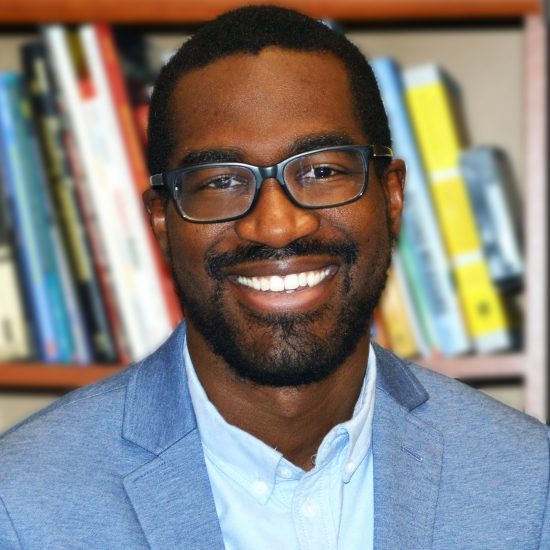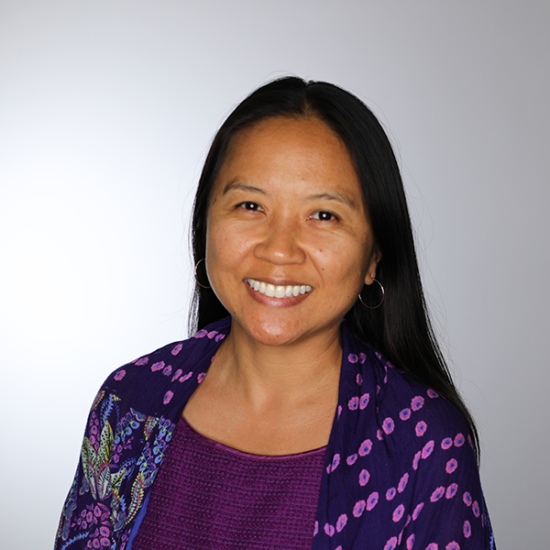Ranked #16 in Education Administration by US News and World Report
The Department of Educational Policy Studies (EDPS) offers two doctoral programs focused on educational leadership and policy in urban environments—the Education, Leadership, and Policy (ELP) concentration of the PhD Policy Studies in Urban Education program, and the EdD Urban Education Leadership program. The EdD program prepares and develops principals and school leaders. The ELP concentration prepares and develops students who are interested in pursuing careers in educational research on leadership and policy. Graduates of the PhD in ELP have taken positions as faculty and researchers at colleges of universities, educational research organizations, and as policy analysts and consultants.
The PhD concentration in ELP is specifically dedicated to the study of policy creation and implementation in urban educational contexts, the role of leadership in promoting equity and improving schools, and the study of school leader preparation for urban schools. This PhD concentration supports students’ research from a range of perspectives, including policy formation and implementation, organizational and leadership theories, and improving equity in schools. ELP also focuses on helping students learn how to use and combine a range of different methods to conduct research, including quantitative, qualitative, historical, and legal methods.
ELP presents unique opportunities for students to learn about policy and leadership specifically in urban settings. Because of its location in the heart of Chicago and affiliation with a nationally-recognized principal preparation program whose graduates are administrators leading dozens of schools and district offices, ELP students have access to urban research sites of significant interest in Chicago and in the region. ELP faculty co-founded, and are all affiliates of, the Center for Urban Educational Leadership, which researches the best ways to prepare leaders for high-need urban schools, advocates for quality models of principal preparation at local, state, and national policy levels, and serves as a hub for information dissemination to other researchers and the public on advancements in school leader development. In addition, ELP faculty work closely with the Research on Urban Education Policy Initiative, which helps education policy stakeholders, including policymakers, the media, and the public, better understand urban education policy by providing timely analysis and recommendations that are grounded in the best available evidence. ELP faculty also have a strong commitment to securing externally funded research, which provides strong research assistantship opportunities for students.
ELP faculty members have a deep commitment to working with doctoral students as advisors and mentors. Faculty members have a strong record of helping ELP students connect with prestigious national opportunities and leading scholars in the field around their research interests. For example, several ELP students have been named UCEA Barbara L. Jackson Scholars as part of a program to develop future faculty of color for the field of educational leadership policy, and have participated in the UCEA David L. Clark National Research Seminar in Educational Administration and Policy, which brings together emerging educational administration and policy scholars with established researchers. ELP students’ dissertations have also earned national awards and recognition.
Degree Requirements Heading link
Degree Requirements Heading link
Overall: 100 semester hours of graduate work beyond the bachelor’s degree or 68 semester hours beyond the master’s degree
College Doctoral Core and Research Methodology Core: 24 credit hours
Educational Policy Studies Core: 8 hours
Education, Leadership, and Policy Concentration Required Courses: 12 hours
Education, Leadership, and Policy Concentration Electives: 12 hours
Dissertation: 12 hours
Faculty Heading link
Frequently Asked Questions Heading link
Commonly asked questions about the PhD Policy Studies in Urban Education program.
-
How long does the program take?
The program can be completed in as a little as three years for a full-time student, although most full-time students complete the program in four to five years. Most part-time students in the program will find that it will take six to seven years to complete.
-
Is transfer of course credit allowed?
Transfer of course credit is not automatic and requires approval of program faculty. The UIC Graduate College permits no more than 25 percent of the hours to be transferred into the degree. The PhD Policy Studies in Urban Education program will only transfer between 12 and 16 credit hours of relevant coursework if approved by the program coordinator. For more information about credit transfer procedures, please consult the UIC Graduate Catalog.
-
Can I hold a job while in the program?
Yes, many students in the program do work in the education field during the day, as teachers, principals, or leaders in education-related organizations. Evening course meeting times help to reduce conflicts between work and academic schedules.
-
When do the courses meet?
College of Education courses typically meet once a week in the evenings (5 p.m.–8 p.m.) Monday through Thursday. In the summer, they typically meet twice per week in the evenings (4:30 p.m. – 8:30 p.m.)
-
Is the GRE required?
No, the GRE is not required.
-
Is a master's degree required to apply for this program?
Students are welcome from a variety of academic backgrounds. A master’s degree, specifically one that is education-related, is not a requirement, but it is often helpful. Applicants with a bachelor’s degree would need to take an additional 32 credit hours for a total of 100 credits, to earn their PhD. Experience working in the field prior to enrolling may be beneficial to students.
-
What can I do with a degree in PhD Policy Studies in Urban Education?
This program will prepare you to be a researcher who can analyze and examine education policy, and study how to develop school leaders. Graduates take careers as professors, policy, teaching and consulting.
-
Can I afford the degree?
UIC makes every effort to help students pay for the cost of going to college. Our College Financial Aid page can help answer your questions.
Review the UIC tuition and fee schedule and find out more about billing and payment options.
The University of Illinois at Chicago offers six basic types of financial aid for graduate students: fellowships, assistantships, tuition-and-selected-fee waivers, traineeships, loans, and employment. Applicants for these types of aid must be admitted to a graduate degree program or have a completed application pending. Eligibility for loans is determined by the Office of Student Financial Aid. Applicants for loans should go directly to the Office of Student Financial Aid. Applications for fellowships, assistantships, and tuition/fee waivers are available in the department office, the Graduate College Office, and on the Graduate College website. In the administration of these programs and in selecting students for participation in them, the University of Illinois at Chicago adheres to the Nondiscrimination Statement on the Office for Access and Equity website.
-
Can I get housing on campus?
Yes. It is best to apply as soon as you know you want to live on campus, because applications are prioritized by date of application. Visit campus housing to find out more and submit your application.
-
What student support does the College of Education provide?
The UIC College of Education is committed to the success of its students. If you have concerns or questions you can stop by the Office of Student Services, or make an appointment to see a faculty advisor. The College encourages a good working relationship between students and their advisors. You can also find support from your professors and fellow students. UIC offers many support programs and opportunities that encourage academic success. Your program advisor can help you connect to UIC resources.






